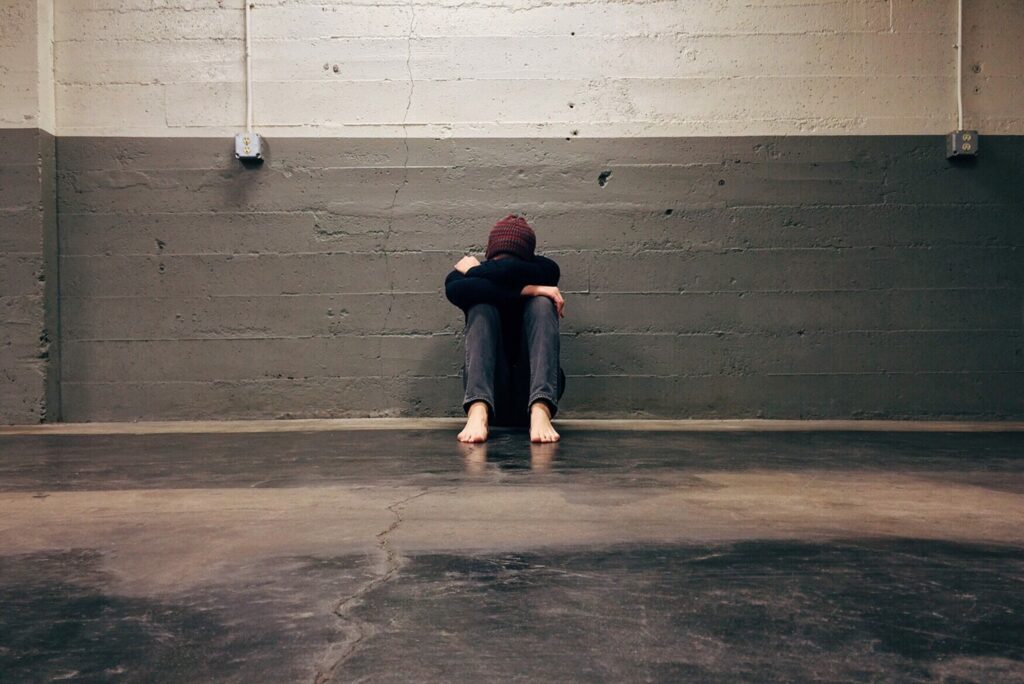Depression is a common mental health disorder that affects millions of people worldwide. I characterize it by persistent feelings of sadness, hopelessness, and a loss of interest in activities that were once enjoyable. Depression can also manifest as physical symptoms such as fatigue, changes in appetite, and difficulty sleeping.
I feel it’s essential to understand that depression is not a sign of weakness or a personal failing. It is an actual medical condition caused by a combination of genetic, environmental, and psychological factors.
Therapy for Depression
The first step in overcoming depression is to seek professional help. Professional help can include seeing a therapist, counselor, or psychiatrist. They can provide support and guidance and help you develop strategies to manage your symptoms. Most therapy sessions I have been to almost always help me unlock an “Aha!” moment, and I walk away with a nugget I didn’t have before. Sometimes we need someone to help pull it out of us.
Cognitive Behavioral Therapy (CBT) is a form of therapy that can effectively treat depression. It focuses on identifying and changing negative thought patterns and behaviors contributing to depression.
Medication for Depression
Medication can also be an option to help manage the symptoms of depression. Your psychiatrist can prescribe an antidepressant to help regulate your mood. However, it is essential to talk to a healthcare professional about the risks and benefits of medication before starting any treatment.
Lifestyle Changes for Depression
It is also essential to make lifestyle changes that can help to reduce the symptoms of depression. What works for me is getting enough sleep, eating a healthy diet, and exercising regularly. Exercise helps release endorphins, chemicals in the brain that can improve mood.
Social support is also crucial in overcoming depression. Talking to friends and family about your feelings can help to reduce feelings of isolation and improve overall mental health. Joining a support group or online community can also be a great way to connect with others who understand what you are going through.
Coping Mechanisms for Depression
It is also essential to find healthy coping mechanisms to manage difficult emotions. I’ve relied on journaling, practicing mindfulness, or engaging in hobbies and activities that bring joy to help me cope with difficult times. Another effective tool in my tool kit is writing a gratitude list every morning. It starts my day by reminding me of all the great things in my life that I have to be grateful for.
Be Realistic
Additionally, setting realistic goals and working towards achieving them is crucial. Accomplishing small tasks can boost self-esteem and give a sense of control.
It is essential to understand that recovery from depression is not linear, and relapses can happen. It’s important to have a plan for when symptoms reoccur and not to blame yourself if you slip back into depression.
Remember that depression is treatable, and with the proper support and resources, it is possible to overcome it. It may take time and effort, but with a combination of therapy, medication, lifestyle changes, and social support, it is possible to improve your mental health and live a fulfilling life.
Get Your Life Back
In conclusion, depression is a serious mental health disorder affecting millions worldwide. It is important to understand that it is not a sign of weakness or a personal failing and that you can treat it with the proper support and resources. Seeking professional help, practicing CBT, taking medication, making lifestyle changes, connecting with others, finding healthy coping mechanisms, and setting realistic goals are all crucial steps in overcoming depression. Remember that recovery is a journey, and being patient and kind to oneself is essential. If you need professional help, find a facility here and call!







